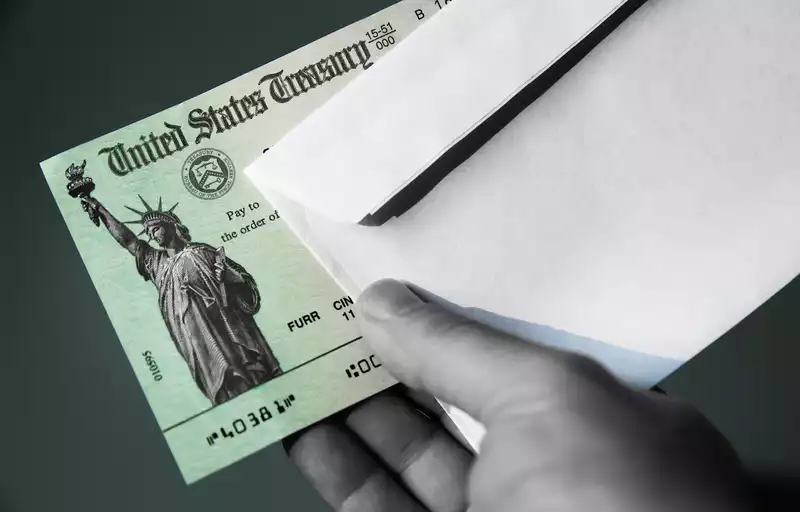President Joe Biden's proposed $1,400 stimulus package, which would supplement the $600 stimulus package provided after Christmas, has hit a wall of moderate senators from both parties, and the road to further relief may be longer than expected.
On January 14, prior to his inauguration, Biden announced a $1.9 trillion stimulus package. The proposal would raise the total amount of recent direct payments to Americans earning less than $75,000 to $2,000.
Unlike the last two stimulus packages, Biden's new checks would cover dependent children up to age 23 and elderly parents supporting adult children.
However, two moderate Republican senators who generally favor the stimulus package are hesitant to send more money so soon. Senators Mitt Romney (R-Utah) and Lisa Murkowski (R-Alaska) said Wednesday (January 20) that this new spending package needs time to be considered.
"We just passed a program that is over $900 billion," Romney said. 'We don't have any new programs in mind for the foreseeable future.' [At least one prominent Democrat is also skeptical. Senator Joe Manchin (R-West Virginia), who led the bipartisan group that put together the last stimulus package with Murkowski and Romney, is calling for a more targeted bailout.
"It's not like us to send checks to people who basically already have checks and have no intention of using them and putting them in their savings accounts right now," Manchin said. 'We've done plenty of that. Now it's time to decide where that money goes."
Many economists say that sending stimulus money to all eligible taxpayers, including those who did not lose their jobs or housing during the pandemic, would be less effective than sending money to those who really need it.
Senator Mitch McConnell (R-Kentucky), the current Senate Minority Leader, also opposes the $1,400 check.
"I find it hard to believe that the federal government's top priority is to send thousands of dollars to, say, a childless couple with an income in the six figures who comfortably telework all year long," McConnell said.
Under Biden's plan, joint filers who earned up to $150,000 per year on their most recent tax return would receive a $4,000 stimulus check.
While some senators hope Biden's plan will gain enough bipartisan support to garner the 60 votes needed to pass the Senate, it now seems unlikely that the 10 Republican senators needed for the $1.9 trillion bill will vote for it.
Democrats are considering several options for moving forward with the stimulus package. One is to split the bill into smaller bills focused on vaccine distribution and funding for direct payments, which would have a better chance of passing both houses than other parts of Biden's proposed bill.
This would require only a simple majority to pass a House-approved appropriations bill in the Senate, potentially allowing pandemic relief to proceed quickly without bipartisan support.
However, this process is tricky. Not all measures in Biden's proposal would be subject to reconciliation, which covers only budget-related matters, and only a limited number of bills can pass reconciliation each year.
Even if the Democrats chose the reconciliation path, it would need all members of the party (plus Vice President Kamala Harris) to vote for it in order to get the necessary 51 votes in the Senate. Just one defector or absentee could cause the bill to be rejected.










Comments